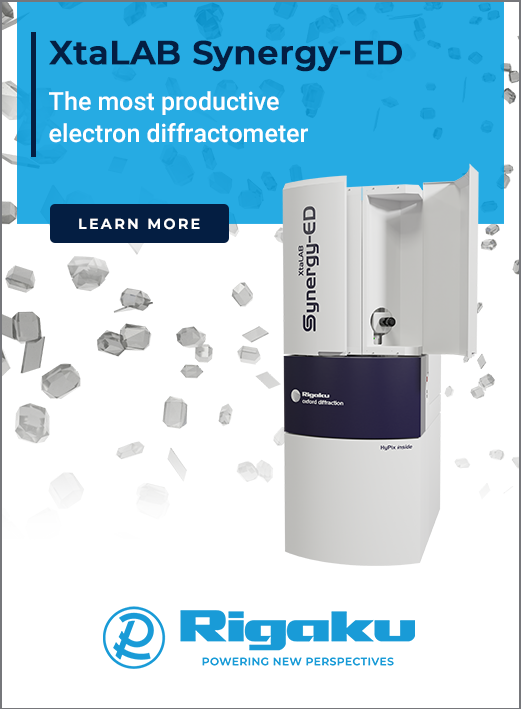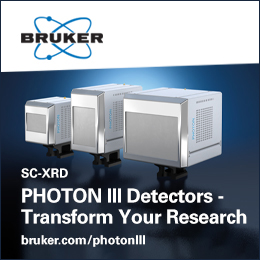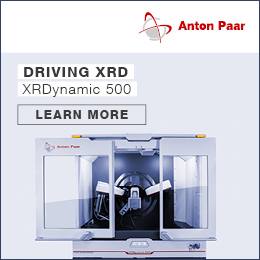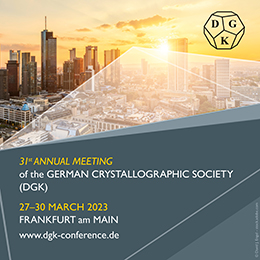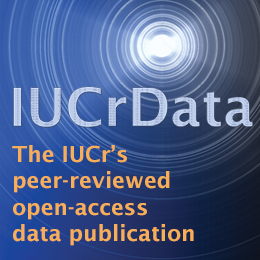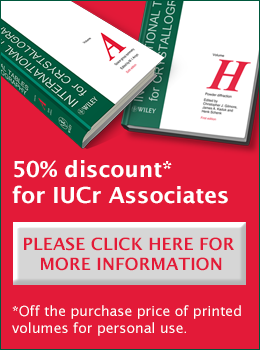


Meeting report (IUCr supported)
Electron Crystallography School 2022
![thumbnail [thumbnail]](https://www.iucr.org/__data/assets/image/0017/155510/ECS2022_thumbnail.jpg)
From 29 August to 1 September 2022, this year’s Electron Crystallography School took place in Caen, France, continuing the tradition of electron crystallographic schools in Europe. It was hosted by ENSI Caen, France, and organized by Philippe Boullay (CrisMat, Caen) together with Stéphanie Kodjikian (Institut Néel, Grenoble), Tatiana Gorelik (HZI Braunschweig) and Mauro Gemmi (IIT, Pisa). Further details can be found on the website.
The school comprised a very rich programme, extending over four days of lectures and tutorials in diverse contemporary fields of electron crystallography. The lectures mirrored this broad scope, ranging from teaching basic crystallographic concepts, towards specifics of electron diffraction as dynamical and inelastic scattering. More practical issues were discussed in tutorials on electron diffraction data reduction and structure determination software. Particularly warmly received was the poster session with numerous contributions from the participants. A number of industrial sponsors made use of the sponsor session and presented new solutions for electron crystallography.
Academic contributions to the school came from 12 renowned scientists acting as lecturers from different European Universities, namely Philippe Boullay, Joke Hadermann, Christophe Lepoittevin, Ute Kolb, Mauro Gemmi, Hongyi Xu, Pascal Roussel, Lukas Palatinus, Jan Pieter Abrahams, Stéphanie Kodjikian, Dominique Housset and Tatiana Gorelik.
The school received strong interest, with 41 attending participants from France, Czech Republic, Italy, Belgium, Sweden, Germany, The Netherlands, Singapore, Spain, Portugal, Poland, Israel, Austria, Australia and the UK. This high attendance was helped by its setup, being organized as a satellite to the European Crystallographic Meeting ECM33 in Versailles, France. We were particularly happy to greet newcomers from established X-ray crystallographic laboratories, willing to expand their research to the electron crystallography field, either having recently purchased a TEM, or having established a tight cooperation with an electron crystallography laboratory.
We proudly highlight the strong role of female scientists, where the school managed to reach a 2:1 male:female balance for the lecturers. From the attendee perspective, the gender balance even reached an approximately 1:1 male:female balance, which may point to a stronger role of female scientists also as lecturers in the future. Budgetary support was provided by several institutions, comprising several industrial and academic sponsors. The IUCr travelling grants for students and young researchers were awarded at the social dinner. The six recipients (shown below), from EU and non-EU countries, included Barbara Gruza (Poland), Ekaterina Vinokurova (Germany), Hans Gildenast (Germany), Jacob Whittaker (the Netherlands), Walter Wong (Singapore) and Yan Li (Australia).
![[Figure1]](https://www.iucr.org/__data/assets/image/0018/155511/Figure2new.jpg) Winners of the IUCr travelling grant award (top). Barbara Gruza (bottom left). Yan Li (bottom right)
Winners of the IUCr travelling grant award (top). Barbara Gruza (bottom left). Yan Li (bottom right)
Yan Li (The University of Queensland, Australia)
It’s been a fantastic experience to attend the ECS workshop in the final year of my PhD. Thank you for offering me the IUCr travel grant, which significantly benefitted my trip from Australia to Europe. The ECS workshop provides a great platform to improve my knowledge about characterization techniques such as 3D ED. I believe this school will help to enhance my research work and provides the possibility to find new collaborations. It is an excellent opportunity for me to learn the theoretical and practical aspects of micro-ED/ 3D-ED techniques. The knowledge I will obtain from this workshop will significantly help my current project to develop further. Last but not least, I want to thank all the community.
Barbara Gruza (University of Warsaw, Poland)
I am very thankful to the IUCr for the opportunity to participate in this school. I gained a good foundation in the subject of electron diffraction on crystalline materials. I will certainly benefit from both the discussed theoretical aspects and the computer training. Furthermore, I learned about topics that I wasn’t even aware of. Conversations with scientists from the field undoubtedly broadened my horizons and helped me in setting my scientific career path.
Lastly, regarding the organization of the school and the electron crystallography landscape in Europe in general, we would like to mention the supportive role of the EU funded project NANED, having established the network of leading electron crystallographic laboratories in Europe, and special interest group SIG4 of electron crystallography of the European Crystallographic Association, who are involved in diverse activities in the field of electron crystallography.
![[Figure3]](https://www.iucr.org/__data/assets/image/0020/155513/Figure3.jpg)
Copyright © - All Rights Reserved - International Union of Crystallography



